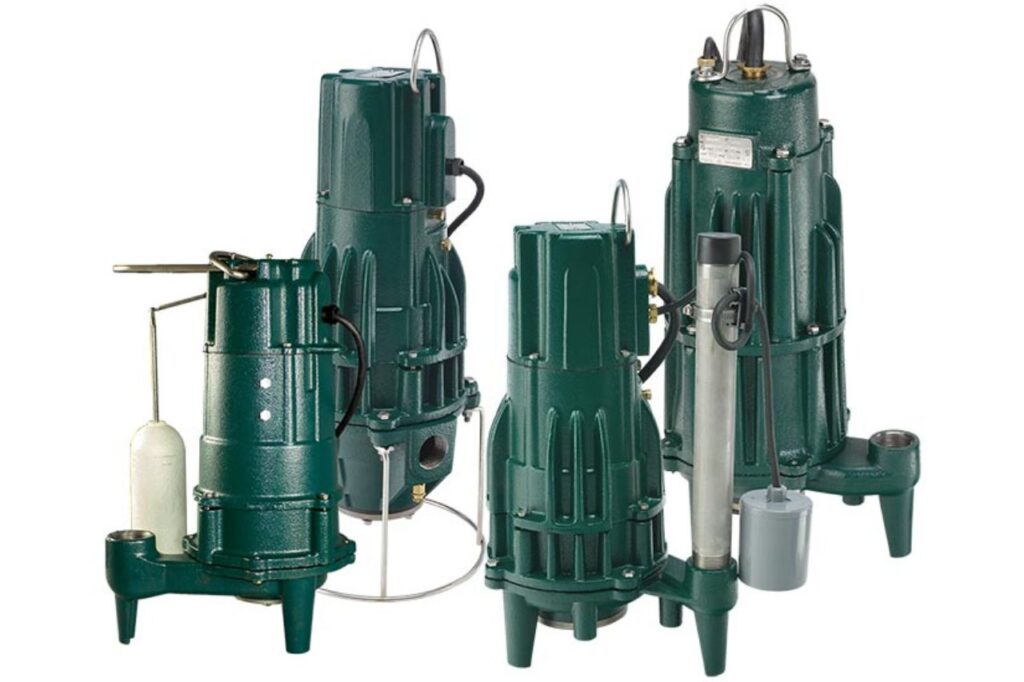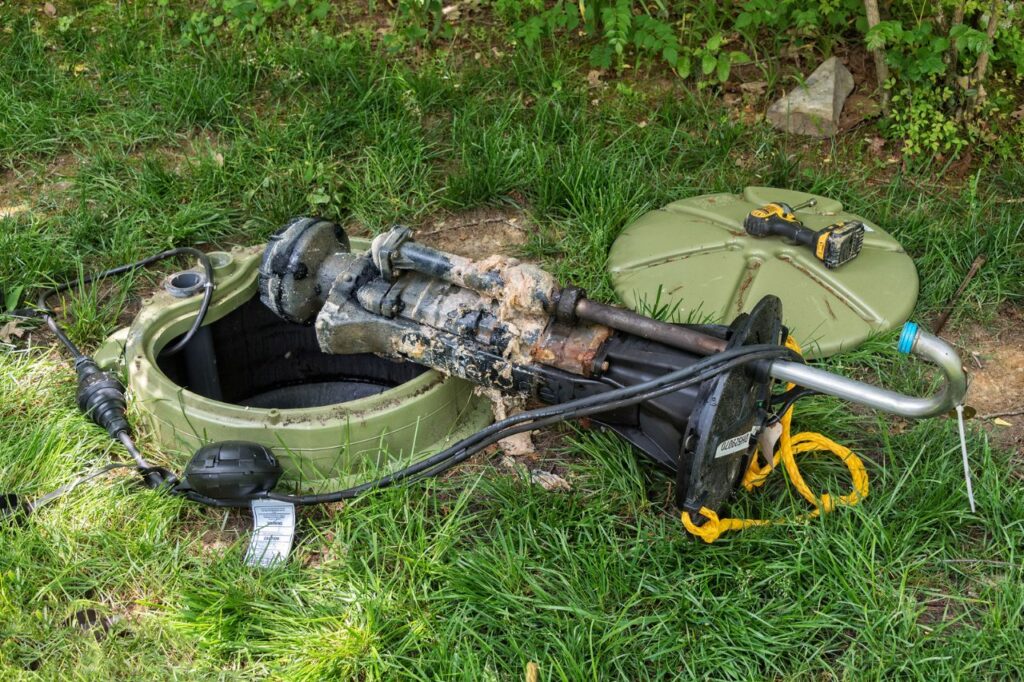When it comes to wastewater management, it’s important to understand the differences between grinder pumps and sewage pumps.
Both types of pumps are designed to move wastewater from one location to another, but they operate in different ways and are used for different applications.
Grinder pumps are used to grind up solid waste before pumping it, while sewage pumps are used to pump liquid waste that already contains some solids.
Understanding the differences between these two types of pumps can help you make an informed decision when it comes to selecting the right pump for your specific needs.
In this article, we’ll take a closer look at the differences between grinder pumps and sewage pumps, as well as the pros and cons of each type of pump.
So, whether you’re a homeowner, contractor, or wastewater professional, read on to learn more about these critical components of wastewater management.
How Grinder Pumps Work
Grinder pumps are designed to grind up solid waste before pumping it.
They are typically used in residential and commercial properties where the wastewater flows uphill to a septic system or municipal sewer system.
Grinder pumps are installed in a “grinder tank” which is placed underground and connected to the property’s main plumbing system.
When wastewater is flushed, the grinder pump grinds the solid waste into small particles and pumps it through a small-diameter pipe into the septic system or municipal sewer system.
Grinder pumps are typically used in low-flow applications and are not designed to handle large volumes of water.
Grinder pumps have several advantages over other types of pumps.
They are compact, so they don’t take up a lot of space.
They are also relatively quiet, which is important for residential properties.
Grinder pumps are also designed to handle tough solids like diapers, wipes, and feminine hygiene products, which can cause clogs in other types of pumps.
However, grinder pumps can be more expensive than other types of pumps and require regular maintenance to keep them running smoothly.

How Sewage Pumps Work
Sewage pumps are used to pump liquid waste that already contains some solids.
They are typically used in residential and commercial properties where the wastewater flows downhill to a septic system or municipal sewer system.
Sewage pumps are installed in a “pump tank” which is placed underground and connected to the property’s main plumbing system.
When wastewater is flushed, the sewage pump pumps the liquid waste through a small-diameter pipe into the septic system or municipal sewer system.
Sewage pumps have several advantages over other types of pumps.
They are designed to handle large volumes of water and are ideal for high-flow applications.
They are also relatively inexpensive compared to other types of pumps.
However, sewage pumps are not designed to handle tough solids like diapers, wipes, and feminine hygiene products, which can cause clogs in the pump.
They can also be noisy, which can be a problem in residential properties.
Pros and Cons of Grinder Pumps
Pros:
- Compact design
- Relatively quiet
- Can handle tough solids
Cons:
- More expensive than other types of pumps
- Require regular maintenance to keep them running smoothly
- Not designed for high-flow applications
Pros and Cons of Sewage Pumps
Pros:
- Inexpensive compared to other types of pumps
- Designed for high-flow applications
- Ideal for liquid waste that contains some solids
Cons:
- Not designed to handle tough solids
- Can be noisy
- Require regular maintenance to keep them running smoothly
Choosing the Right Pump for Your Needs
The type of pump you choose will depend on your specific needs.
If you have a low-flow application and need to grind up tough solids, a grinder pump may be the best choice.
If you have a high-flow application and need to pump liquid waste that contains some solids, a sewage pump may be the best choice.
It’s important to choose a pump that is designed to handle the specific demands of your wastewater system.
Installation Considerations for Grinder Pumps
Grinder pumps are typically installed in a grinder tank, which is placed underground.
The grinder tank is connected to the property’s main plumbing system and the septic system or municipal sewer system.
It’s important to choose the right size grinder tank for your specific needs.
The grinder pump should also be installed by a qualified professional to ensure that it is installed correctly and meets all local codes and regulations.
Installation Considerations for Sewage Pumps
Sewage pumps are typically installed in a pump tank, which is placed underground.
The pump tank is connected to the property’s main plumbing system and the septic system or municipal sewer system.
It’s important to choose the right size pump tank for your specific needs.
The sewage pump should also be installed by a qualified professional to ensure that it is installed correctly and meets all local codes and regulations.
Maintenance and Repair for Grinder Pumps
Grinder pumps require regular maintenance to keep them running smoothly.
The grinder tank should be cleaned out every few years to remove any buildup of solids.
The pump should also be inspected regularly to ensure that it is working properly.
If the pump fails, it may need to be replaced or repaired by a qualified professional.
Maintenance and Repair for Sewage Pumps
Sewage pumps also require regular maintenance to keep them running smoothly.
The pump tank should be cleaned out every few years to remove any buildup of solids.
The pump should also be inspected regularly to ensure that it is working properly.
If the pump fails, it may need to be replaced or repaired by a qualified professional.
Conclusion: Which Pump is Right for You?
When it comes to choosing between a grinder pump and a sewage pump, there is no one-size-fits-all solution.
The type of pump you choose will depend on your specific needs and the demands of your wastewater system.
It’s important to choose a pump that is designed to handle the specific needs of your system and to choose a qualified professional to install and maintain the pump.
With the right pump and proper maintenance, you can ensure that your wastewater system is operating efficiently and effectively.

